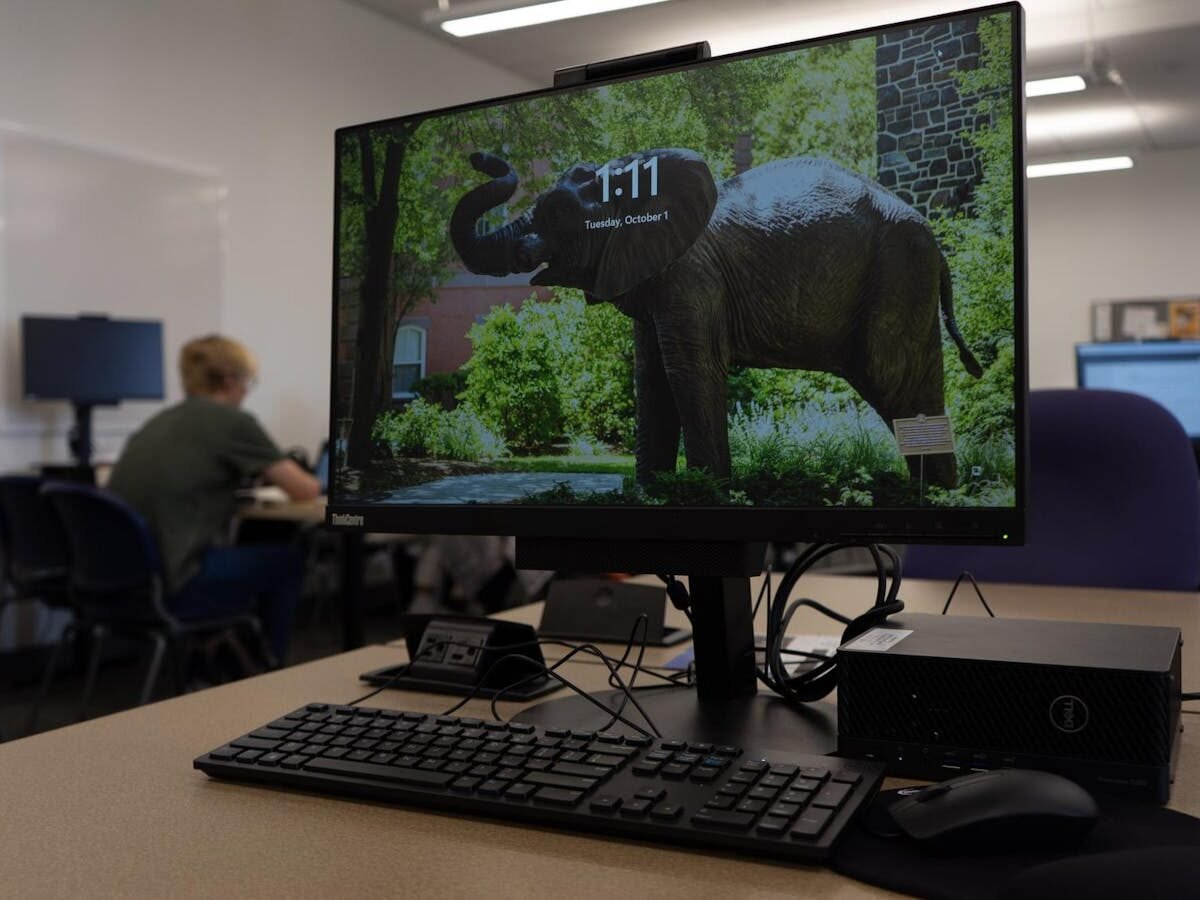The Evolving Landscape of Student Journalism in the Age of AI
Since its groundbreaking debut in November 2022, ChatGPT has stirred a complex dialogue around the implications of generative artificial intelligence (AI) in various sectors, including academia. At Tufts University, these discussions have quickly transformed into significant actions. Faculty members are beginning to swap take-home essays for in-person exams, a shift aimed at fairly assessing students’ grasp of course material while simultaneously addressing concerns about potential cheating. The conversation surrounding AI’s role in education and journalism is intensifying, particularly in light of the ethical dilemmas it presents.
Faculty Response to AI Concerns
The emergence of AI tools has compelled academic institutions, such as Tufts, to reconsider how they evaluate student performance. The transition from take-home papers to in-class examinations is not merely about keeping track of academic integrity; it’s an acknowledgment of the unique challenges posed by AI. In the writing support sphere, staff at the Student Accessibility and Academic Resources Center are not only adapting to new guidelines for addressing generative AI usage but are also grappling with the implications of these tools on authentic student expression.
The Impact on Student Journalism
As editors of the Tufts Daily, there is a palpable concern regarding the intrusion of AI into student journalism, particularly in the realm of news reporting. The essence of journalism, especially within a student-run publication, relies heavily on the timely delivery of accurate, well-crafted content. Striking a balance between originality and speed is already a formidable task, and the introduction of AI threatens to tip that balance unfavorably. The risk of compromising factual accuracy becomes a pressing issue, as generative AI systems can sometimes produce information that is either misleading or entirely fabricated—a phenomenon known as "hallucination."
Challenges of Factual Integrity
Generative AI models are trained on vast datasets, leading to outputs that can often lack necessary context or nuance, particularly when interpreting quotes or interviewing sources. These shortcomings disrupt the core principle of journalism—ensuring factual integrity. It raises important ethical questions about the role of the journalist. If an AI can generate stories quickly, what distinguishes human-generated journalism, particularly when accuracy and authenticity are at stake?
Homogenization of Creative Voices
While the first impulse may be to reject AI outright, it’s essential to explore how these technologies could be integrated into journalism responsibly. Yet, the use of AI introduces another pressing concern: the potential homogenization of writing. Individual voices and distinct styles are vital components in sections like Opinion, Features, and Arts. The essence of journalistic creativity thrives on diversity; the risk of AI-driven content dilution threatens to erase the unique perspectives that enrich the publication.
Even in the more structured format of News, where voice is often tempered for clarity, the core mission remains—providing reliable, original reporting. The challenge becomes even more pronounced as AI encroaches upon those foundational principles.
Ethical Concerns in Automation
Given that the heart of journalism is writing, the idea of automating this process elicits deep ethical concerns. The field is driven by human passion, creativity, and a commitment to truth. For student journalists, who often engage in journalism out of intrinsic motivation and a desire to express themselves, turning to AI can seem counterintuitive. What’s the point of engaging in a craft if the act of writing—critical thinking and personal engagement—is stripped away by technological convenience?
The Future of Campus Journalism
As concerns and countermeasures regarding AI proliferate across the Tufts campus, the hope remains that the Daily will retain its essence without the need for drastic shifts in writing guidelines. Such changes, while aimed at curbing AI use, could alienate students eager to hone their writing and analytical skills. The risk of alienation poses a threat to the very foundation of student journalism, which is grounded in vibrant, participatory involvement.
A Call for Authenticity
While it may be tempting to embrace the conveniences promised by generative AI, student journalism must resist the easy path. There remains a collective responsibility to recognize the detrimental impact AI can have on creativity and authenticity. The Daily stands as a platform where genuine ideas are developed and voices are heard. Preserving this environment is critical, particularly for nurturing the next generation of writers and thinkers who will shape the future of journalism.
In navigating these uncharted waters, the intersection of artificial intelligence and journalism calls for ongoing reflection and dialogue. Embracing this challenge can foster a commitment to preserving the integrity of the written word, essential to both the craft and the culture of journalism.





